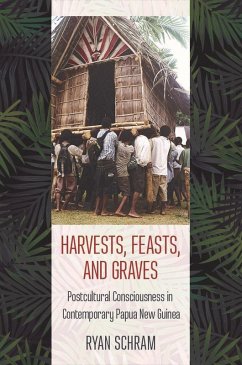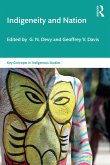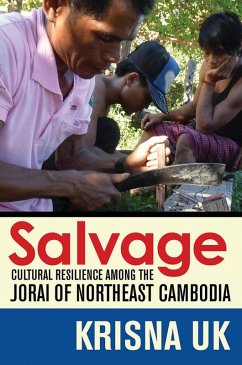Ryan Schram explores the experiences of living in intercultural and historical conjunctures among Auhelawa people of Papua New Guinea in Harvests, Feasts, and Graves. In this ethnographic investigation, Schram ponders how Auhelawa question the meaning of social forms and through this questioning seek paths to establish a new sense of their collective self.
Harvests, Feasts, and Graves describes the ways in which Auhelawa people, and by extension many others, produce knowledge of themselves as historical subjects in the aftermath of diverse and incomplete encounters with Christianity, capitalism, and Western values. Using the contemporary setting of Papua New Guinea, Schram presents a new take on essential topics and foundational questions of social and cultural anthropology.
If, as Marx writes, "the tradition of all dead generations weighs like a nightmare on the brains of the living," Harvests, Feasts, and Graves asks: Which history weighs the most? And how does the weight of history become salient as a ground for subjective consciousness? Taking cues from postcolonial theory and indigenous studies, Schram rethinks the "ontological turn" in anthropology and develops a new way to think about the nature of historical consciousness.
Rather than seeing the present as either tragedy or farce, Schram argues that contemporary historical consciousness is produced through reflexive sociality. Like all societies, Auhelawa is located in an intercultural conjuncture, yet their contemporary life is not a story of worlds colliding, but a shattered mirror in which multiple Auhelawa subjectivities are possible.
Harvests, Feasts, and Graves describes the ways in which Auhelawa people, and by extension many others, produce knowledge of themselves as historical subjects in the aftermath of diverse and incomplete encounters with Christianity, capitalism, and Western values. Using the contemporary setting of Papua New Guinea, Schram presents a new take on essential topics and foundational questions of social and cultural anthropology.
If, as Marx writes, "the tradition of all dead generations weighs like a nightmare on the brains of the living," Harvests, Feasts, and Graves asks: Which history weighs the most? And how does the weight of history become salient as a ground for subjective consciousness? Taking cues from postcolonial theory and indigenous studies, Schram rethinks the "ontological turn" in anthropology and develops a new way to think about the nature of historical consciousness.
Rather than seeing the present as either tragedy or farce, Schram argues that contemporary historical consciousness is produced through reflexive sociality. Like all societies, Auhelawa is located in an intercultural conjuncture, yet their contemporary life is not a story of worlds colliding, but a shattered mirror in which multiple Auhelawa subjectivities are possible.
Dieser Download kann aus rechtlichen Gründen nur mit Rechnungsadresse in A, D ausgeliefert werden.









